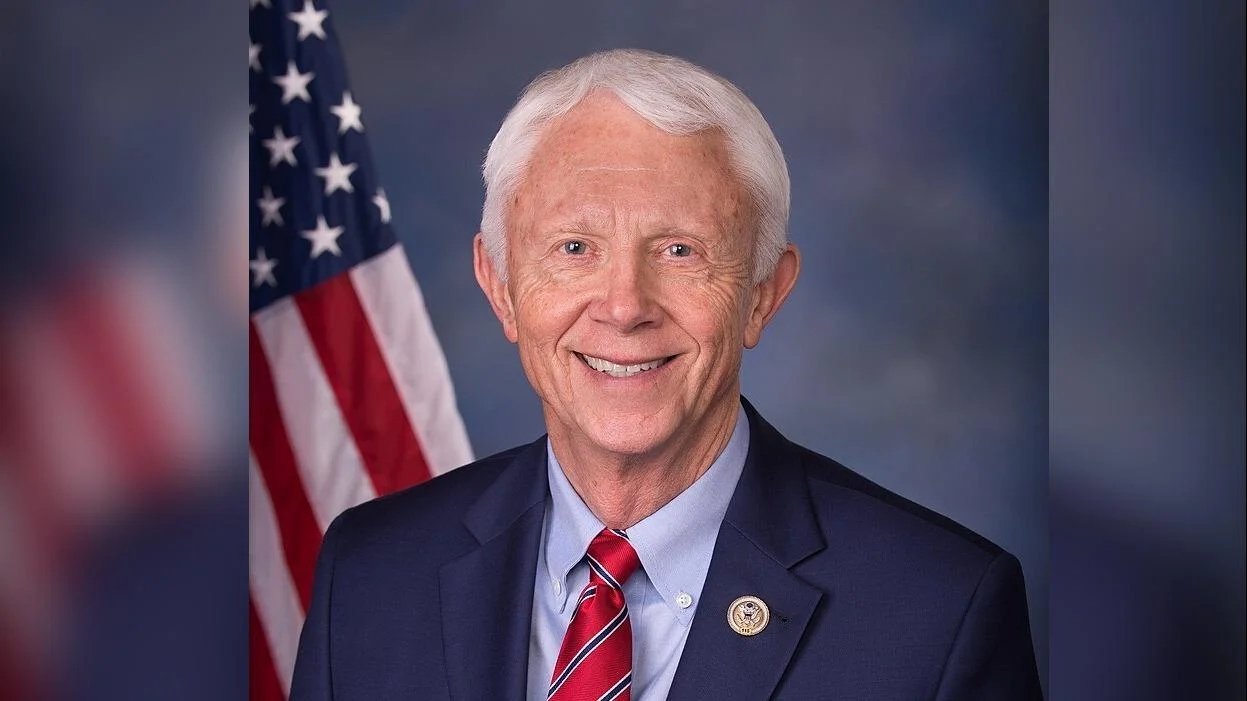Jack Bergman U.S. House of Representatives from Michigan's 1st district | Official U.S. House Headshot
Jack Bergman U.S. House of Representatives from Michigan's 1st district | Official U.S. House Headshot
Rep. Jack Bergman announced the advancement of two legislative initiatives from the House Committee on Veterans’ Affairs. The CHOICE for Veterans Act and the VA Budget Shortfall Accountability Act are designed to enhance support for veterans and improve accountability within the Department of Veterans Affairs (VA).
“These bills reflect months of collaboration and feedback from Veterans, advocates, and oversight bodies,” said Rep. Bergman. “I’m grateful to my colleagues on the committee for recognizing the importance of protecting Veterans and ensuring the VA is operating with transparency and accountability.”
The CHOICE for Veterans Act aims to reinstate penalties for unaccredited individuals who charge veterans for assistance with disability claims. It also allows accredited agents and attorneys to charge fees for initial claim filings, with a cap at either $12,500 or five times the veteran’s monthly benefit increase, while implementing measures to prevent abuse.
Key provisions include informing veterans about free services through Veterans Service Organizations (VSOs), requiring clear fee disclosures, allowing installment payments, enhancing oversight via a public VA website listing accredited representatives, enabling reporting of unaccredited actors, protecting data privacy through HIPAA-compliant systems, banning overseas call centers, and preventing unethical practices such as double billing.
Bergman's VA Budget Shortfall Accountability Act addresses issues related to a $3 billion shortfall in the VA's 2024 budget request despite carrying over $5 billion in unspent funds.
“This legislation is about accountability and ensuring Congress has accurate, timely information to support Veterans effectively. By requiring annual reviews of the VA’s budget practices for the next five years, we’re taking meaningful steps to prevent future confusion and protect taxpayer dollars.”


 Alerts Sign-up
Alerts Sign-up